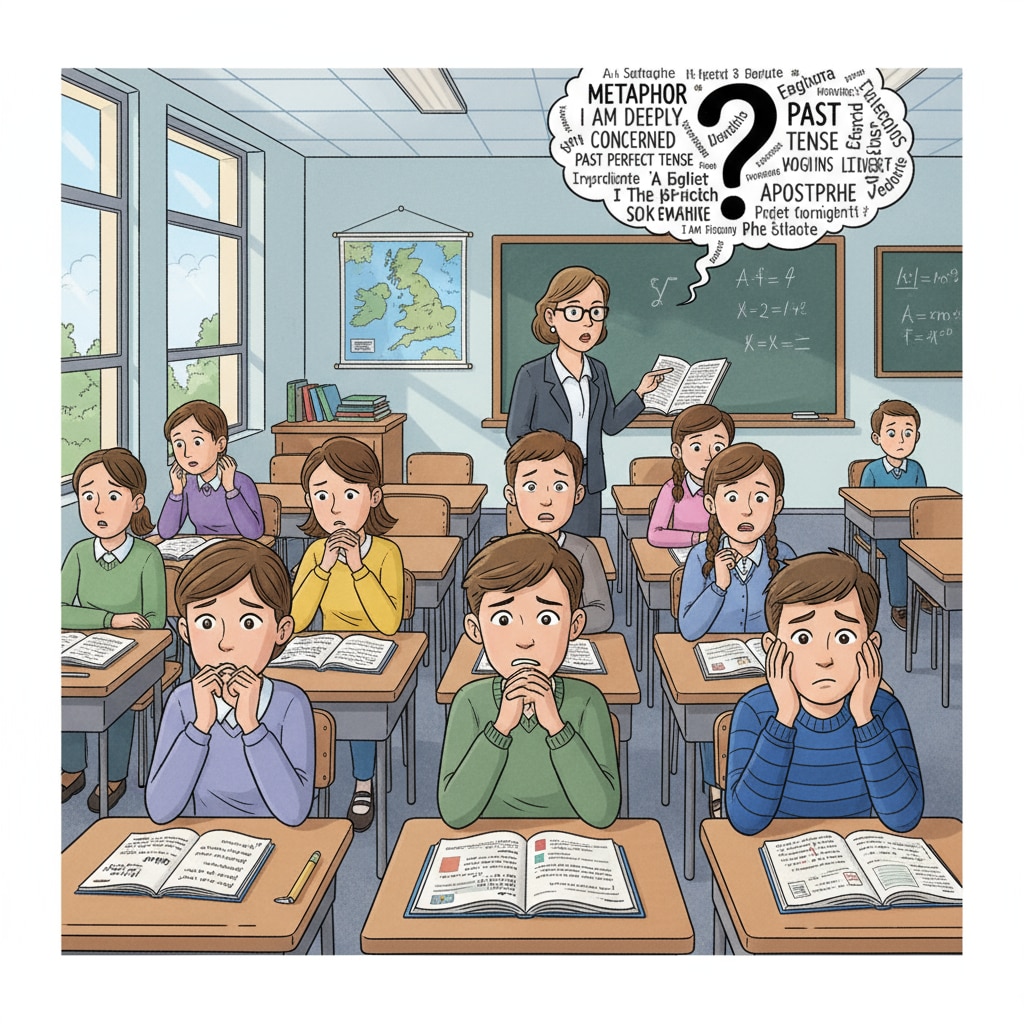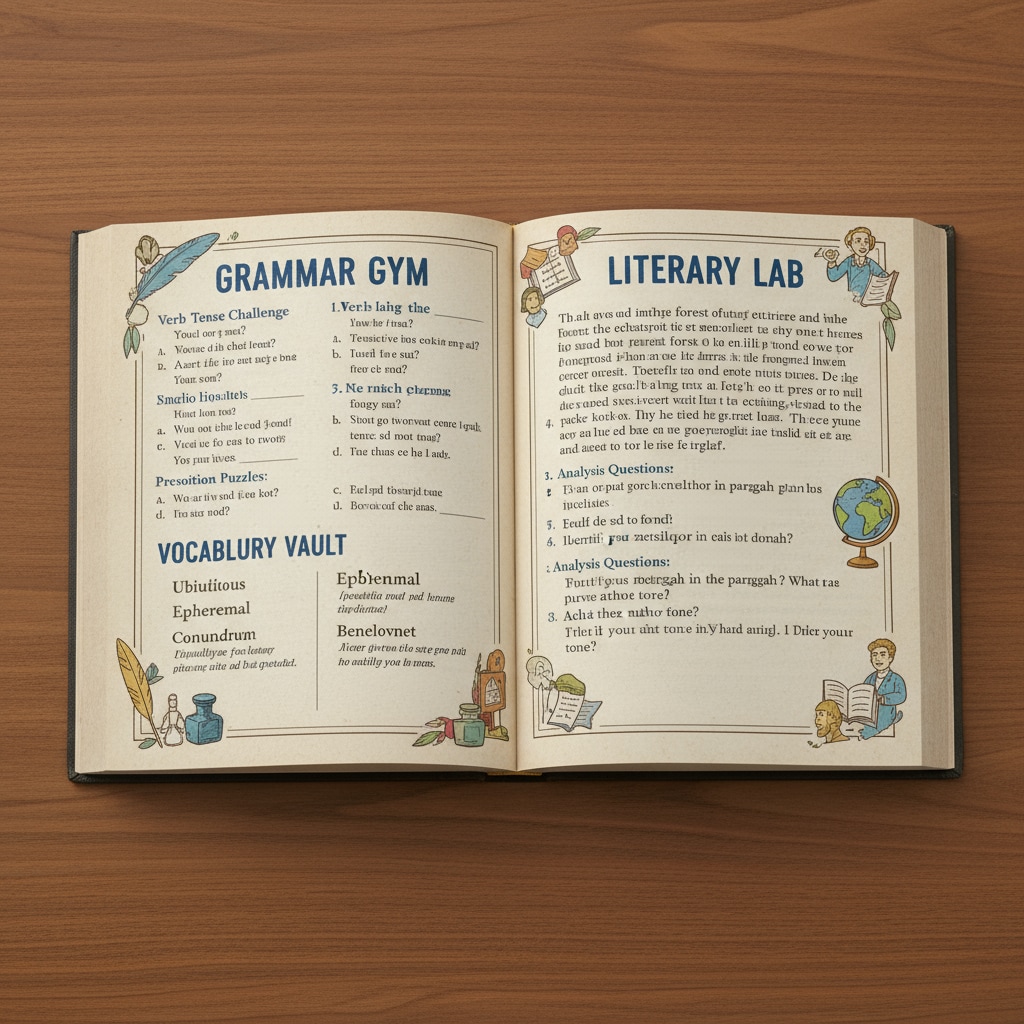When students enter 9th grade, they often encounter significant changes in English courses, along with strict teachers and shifting learning content. This can lead to a range of emotions, from disappointment to worry.

For many, the transition from earlier grades to 9th-grade English is a rude awakening.
The Reality of 9th-Grade English
9th-grade English courses typically involve a marked increase in difficulty. The curriculum expands to include more complex literature, advanced grammar, and sophisticated writing tasks. Teachers, in an effort to prepare students for higher education, tend to be more strict in their requirements. For example, they may demand more in-depth analysis of literary works, better-structured essays, and a wider vocabulary. According to Education.com, these changes are part of the educational progression to develop students’ critical thinking and communication skills.

Students’ Disappointment and Concerns
Many students express disappointment due to the strict teaching style and the sudden leap in learning content. They may have been used to more lenient teaching in previous grades. The increased workload and higher expectations can be overwhelming. As a result, some students start to dislike English, fearing they won’t be able to keep up. A study on student motivation in high school reveals that such negative emotions can significantly impact students’ performance.
However, it’s important to note that these challenges also present an opportunity for growth. With the right guidance, students can turn their negative feelings around.
Readability guidance: The paragraphs above use short sentences and simple language to convey key points. Transitions like ‘however’ and ‘for example’ are used to enhance flow. The passive voice is minimized, and each H2 section provides clear information about the challenges students face in 9th-grade English.


